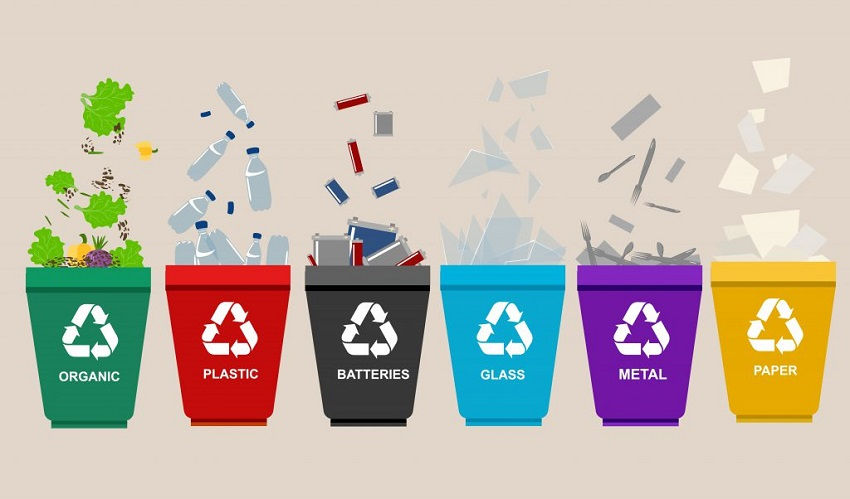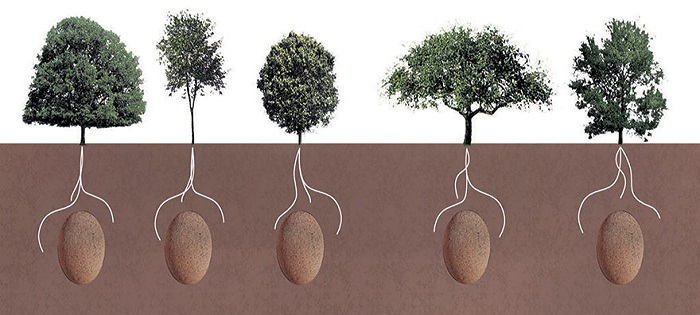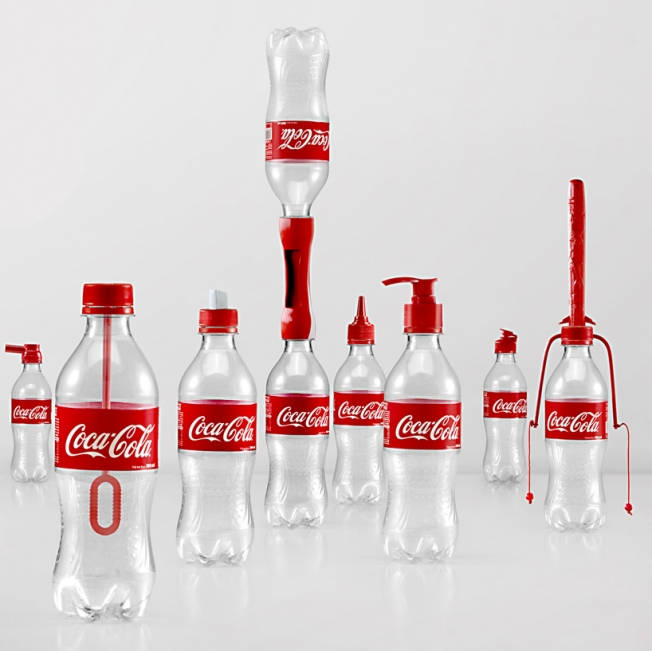Reports show that more people are recycling, unfortunately, there is also an increase in rejected recycling. So what items and materials can be recycled?
In the UK, a recent survey showed a remarkable 99% of British people are ‘actively recycling’. This is a huge number and shows that concern over climate change and plastic pollution is finally hitting home. But there are still problems. Although more and more of us are now getting the recycling message, it seems we don’t know what can be recycled and what can’t.
Between 2012 and 2016 there was an 84% rise in the number of rejected recycling. In addition, when questioned, the same survey found that 70% of active recyclers were not sure of what they could put into their recycling bins.
There appear to be two main problems. People are throwing away items that could be recycled, and others are trying to recycle the wrong things. It seems we still have a long way to go. With so many different types of plastic and paper, it can be confusing, but there are simple guidelines.
A basic list of the materials you can recycle:
What materials can be recycled:
- Plastic bottles: shampoo and conditioner, detergent and softener, drink and juice.
- Plastic: yogurt pots, ice cream tubs, butter and margarine tubs, ready meal trays.
- Paper: newspapers, junk mail, shredded documents, cardboard, magazines, envelopes, Tetra Paks.
- Tins and cans: food cans including steel and aluminium, aerosols.
- Metals: Kitchen foil and foil trays
- Glass: bottles and jars.
What materials cannot be recycled:
- Disposable wipes, tissue, used kitchen roll
- Single-use plastic: kitchen wrap, cling film, bubble wrap
- Sweet and crisp wrappers.
- Any plastic or paper contaminated with food
- Coffee cups
- Nappies
- Black plastic or soft plastic (metallic food pouches)
- Broken glass or Pyrex
What Can Be Recycled?

1. Recycling Plastic
Plastic is the biggest cause of pollution in the 21st century. Not only are we producing too much, but the production of plastic causes pollution and uses up precious natural resources. The obvious answer is to stop using plastic but there are times when this is not possible.
So onto recycling. Give shampoo and conditioner bottles a quick wash before recycling. Wash plastic that has food or drinks thoroughly and then recycle it. Recycle milk bottles with the tops on. You cannot recycle the thin, single-use plastic, such as cling-wrap or the thin bags you get in supermarkets to hold fruit and vegetables.
Instead, you should find a use for them in your home. I use mine for picking up dog poop! You cannot recycle black plastic. It is not financially viable. Avoid buying anything that contains black plastic, you’ll have to throw it away.
2. Paper and cardboard
People make mistakes when it comes to recycling paper and cardboard. You cannot recycle any paper or cardboard that comes into contact with food or drink. For example, old pizza boxes, sandwich packs, coffee take-out cups.
Put these into your recycling and they will end up in the paper section where the whole lot will have to be rejected because that one item will have contaminated all the rest. This includes old grease-proof paper, dirty kitchen roll, dirty take-out containers, etc.
The good news is that you can recycle cardboard boxes and newspapers and shredded letters or documents. As for coffee cups, these use a thin layer of plastic to make them water-proof so instead of throwing away a take-out cup every time, why not buy a travel cup instead?
3. Old electronics, batteries and ink cartridges
New technology comes and goes so quickly that many of us are left with the old tech and nowhere to put it. Donate big items like televisions to local charities who will come and collect from you. If you are mobile and can get to a recycling site, many local councils will recycle electrical items for you, and this means they don’t end up in landfills.
Some areas have local vans that travel around asking for old iron and electrical goods. If the product is still working, why not try selling it on an auction site or giving it away on a local freebie site? Batteries leach dangerous chemicals into the ground and therefore should not go to landfills.
Some councils have a policy of collecting old batteries and you can put them out separately with your recycling. There are also certain supermarkets that have recycling stations for old batteries. As for ink cartridges, refilling old cartridges is much less expensive than buying a new one every time it runs out.
There are now stores opening than will refill your old ink cartridge for you, or you can buy refilling packs in most supermarkets to do it yourself.
4. Don’t forget to recycle clothes
Did you know that one-quarter of clothes in the UK end up in a landfill? These are clothes that either don’t fit us any more or we have grown bored of. But someone else could get some use out of them. There are plenty of ways to donate and recycle clothes so that they don’t end up in a dump somewhere.
Charity shops are the obvious choice, as are homeless shelters. They will even wash and iron the clothes for you. Look for clothes bins situated in supermarket carparks. Pop a bag in the boot of your car and take it with you next time you do the shopping.
5. Compost food waste
According to US environmental sources, 20% of what makes up a landfill in America is food waste. You might think that you are not into gardening, but I’m not either and I compost everything. I do it to save the food waste going into my trash bin.
When the compost is ready I add it to my plant plots or give it to my neighbors. Vegetable and fruits peelings, eggshells, leftover salad items, and overripe fruit are all good for composting. Coffee grindings and tea bags compost down well.
If you don’t have a garden, see if your local council accept food waste. Do not compost cooked food or meat and fish.
It can seem like a lot of trouble over nothing when it comes to what can be recycled and what can’t. But at the end of the day, by making a little bit of effort now we will reap the long-term rewards for decades to come.
References:





I did not know that shampoo bottles were recyclable, the trouble comes when you try to wash them out when used and you can’t get the cap off despite numerous attempts. In future i will cut them open with a scissors and rinse out that way. Also i did not know that aerosols were recylable. So i have learnt today that they are, and in future will recycle them. Thank you